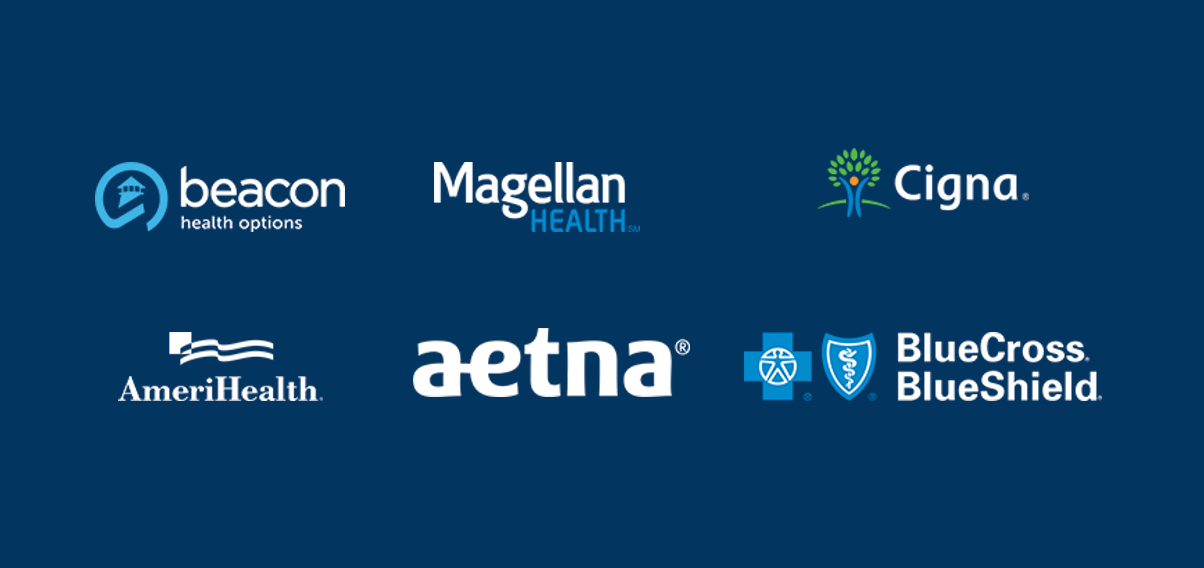The Sylvia Brafman Mental Health Center, based in South Florida, is a leading comprehensive mental health treatment program provider. With a commitment to offering a wide range of services for various mental health disorders, we’re dedicated to promoting emotional well-being and recovery at our medical treatment center.
We offer a range of specialized treatment options, including Intensive Outpatient Programs (IOPs), Partial Hospitalization Programs (PHPs), internet-based therapy, and more, tailored to individual needs. We prioritize accessibility and accept various insurance plans. To verify your coverage and explore how it applies to our programs, fill out our online rehab insurance verification form. Your mental health is important, so take the first step toward a brighter future today.









